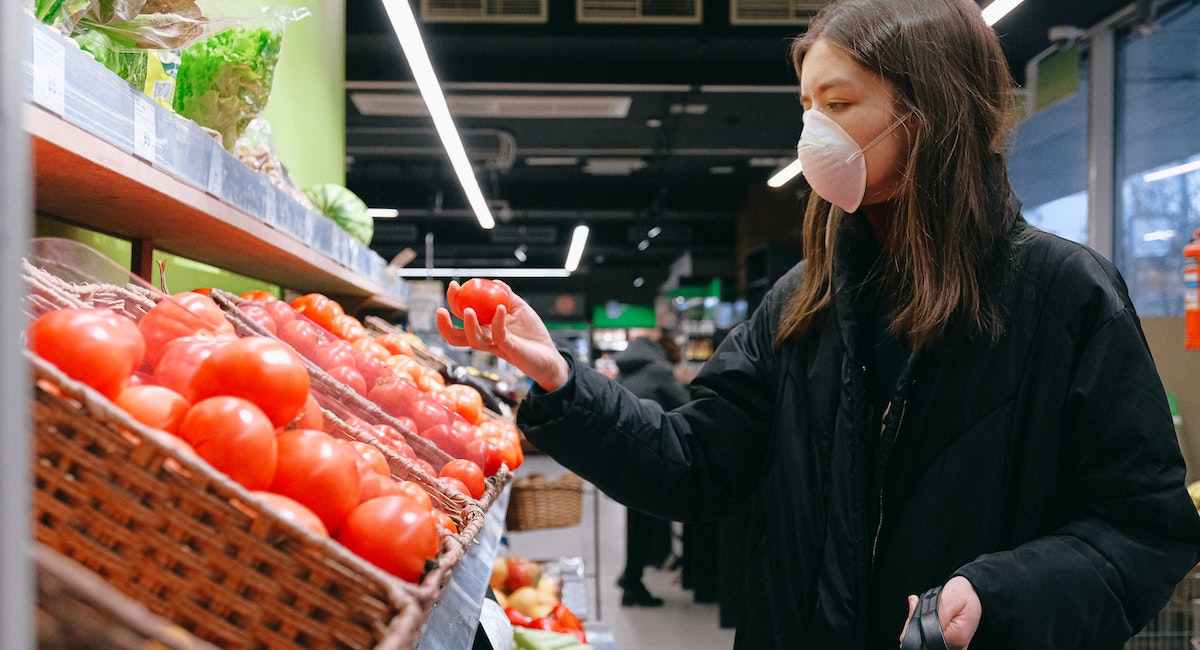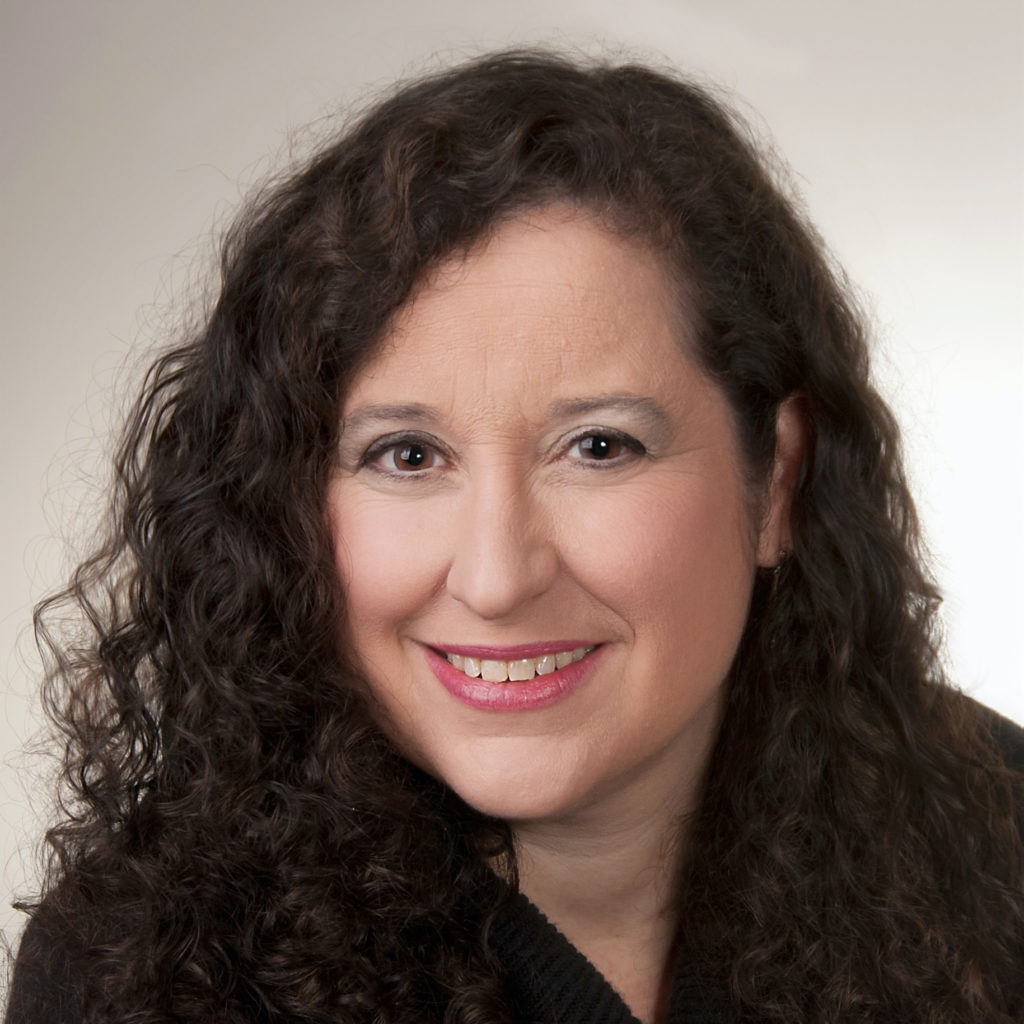
This post is part of the series 5 Questions with COVID Researchers. Hear from researchers across the Northeast United States about how they are working to mitigate the widespread impacts of COVID-19, and learn about opportunities for cross-disciplinary and cross-sector collaboration that could enable further progress in the fight against the pandemic. To learn more about COVID-related research, keep updated with virtual events and funding opportunities, and access other resources including datasets and guides, visit the COVID Information Commons. If you would like to be featured in this series, please email Katie Naum and Helen Yang.
Guest post by Dr. Debra Laefer, Professor at New York University Tandon School of Engineering, and Principal Investigator on NSF Award #2027293, “Developing Epidemiology Mechanisms in Three-dimensions to Enhance Response.”
What is the problem you are trying to solve, and how will you and your team address it?
We tried to understand to what extent people coming from a COVID-19-infected environment interact with the built and natural environment. Specifically, we wanted to understand in three dimensions what people touched, how much they touched, and where they went coming out of hospitals and urgent care facilities at the peak of the COVID-19 outbreak.
What data are you working with? How will it be used?
We sent a team of 16 students into the field to medical facilities in their respective neighborhoods. The students randomly selected individuals leaving these facilities and followed them from a distance noting where they went, what they did, and whether or not they were wearing personal protective equipment. We then compiled all of the data into a master CSV file. Each record was then joined with local weather conditions and a wide range of socio-economic data. The master CSV file and the individual GIS-compatible files are just about to be released publicly as a community resource. They will be available through New York University’s faculty data archive.
Is your team seeking collaborators, subject matter experts, or other resources that you’d like to put a call out for?
We are definitely interested in (1) extending the study; (2) helping others use our data; and (3) gaining new insights from domain experts as to how to interpret our data and what other data sets might be of relevance.
How does this work contribute to the fight against the pandemic?
At the most rudimentary level, by understanding unconscious touch behaviors, better safety protocols and trainings can be developed to minimize this type of behavior and to mitigate the transmission risks it may be causing. These protocols may be as basic as posting signage and changing doors to be automatic instead of manual. At a more fundamental level, this type of study shows the importance of three-dimensional vector transmission and having the tools to capture, analyze, and visualize the outputs.
Where can people learn more about your progress?
People should reach out to myself at debra.laefer@nyu.edu or my co-PI, Dr. Thomas Kirchner at Thomas.kirchner@nyu.edu.

Debra Laefer is a Professor of Urban Informatics in the Department of Civil and Urban Engineering at
New York University Tandon School of Engineering and the Director of Citizen Science at the New York University Center for Urban Science and Progress.
